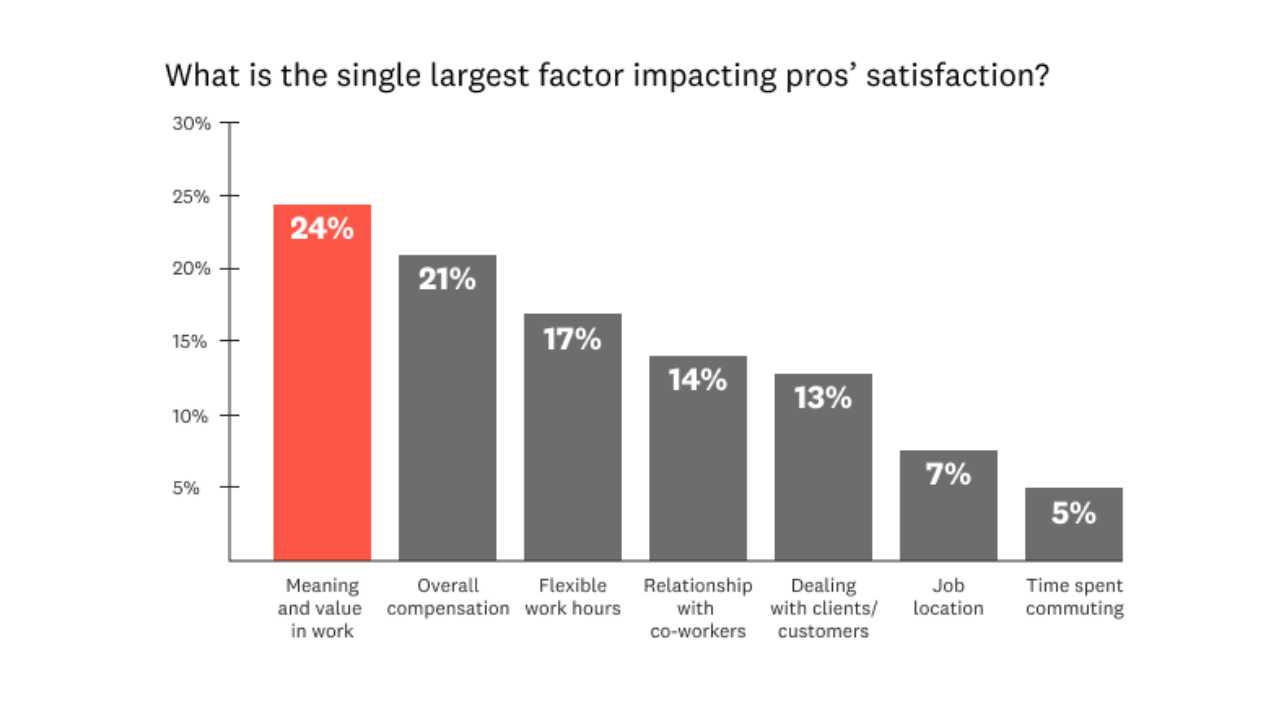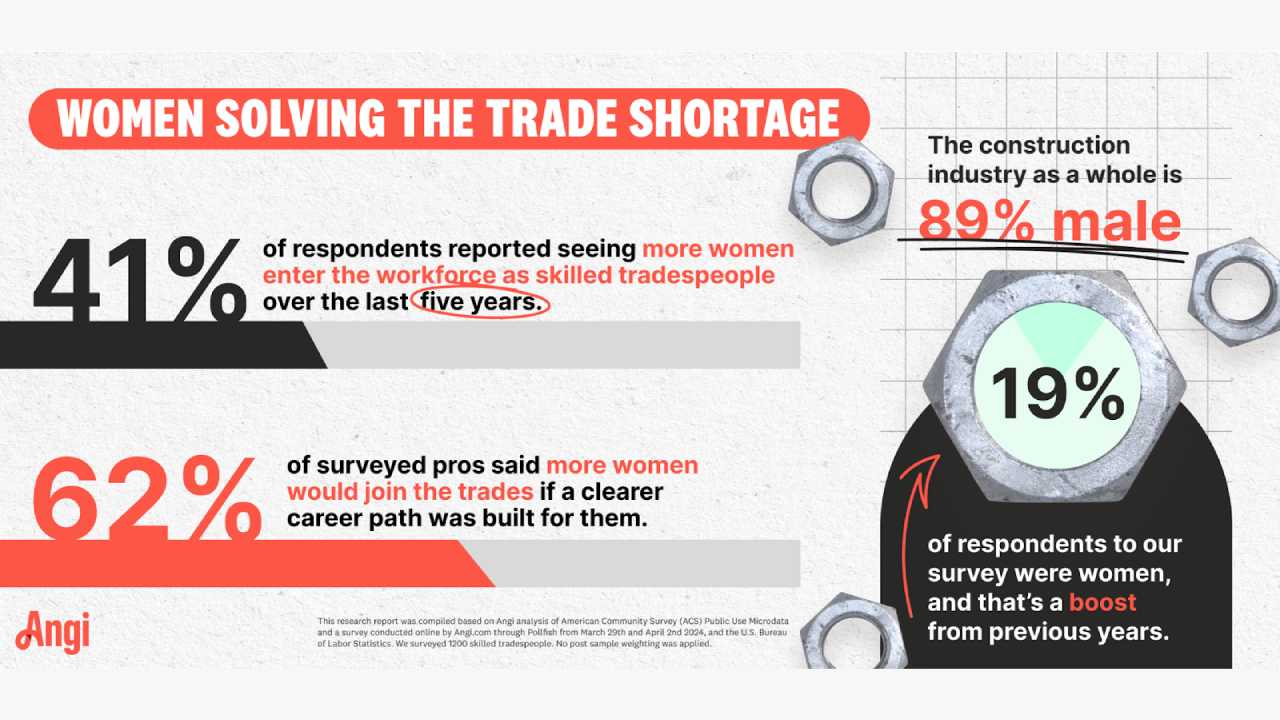As artificial intelligence continues to disrupt industries and raise concerns about job security, there’s one field where professionals are resting easy – the skilled trades.
A new report from Angi reveals exceptionally high job satisfaction and optimism among tradespeople like plumbers, electricians, and contractors.
Secure Jobs in an Insecure Time
While fears about AI taking over human jobs run rampant across sectors like software, media, and education, a whopping 65% of skilled trades professionals believe their roles are safe from being threatened by AI.
In fact, half are actually excited about how AI innovations could help them better serve homeowners.
This confidence isn’t misplaced.
As Angie Hicks, Co-Founder of Angi, explains: “Jobs across industries could face job loss as a result of AI, but skilled home professionals are resting easy.” The hands-on, physical nature of skilled trades makes full automation extremely difficult.
Some people even traded in that college career for a blue collar career and found themselves happier.
A Satisfied Workforce
Beyond just feeling secure, tradespeople are highly satisfied with their career choice. A staggering 90% report being satisfied, up from 83% since the pandemic began.
They cite finding meaning and value in their work, good compensation, and flexible schedules as driving factors.
Younger workers aged 25-44 are particularly optimistic about the future of these roles. While they acknowledge stigmas that have historically discouraged people from entering the trades, this generation recognizes the tremendous opportunities these careers provide.

A Labor Shortage Paradox
However, the skilled trades aren’t without their challenges.
Over two-thirds of professionals agree they could grow their businesses if they could hire more quality workers. A staggering 40% struggle to fill open positions despite offering the following positives:
– Health insurance
– Above-average wages
– Flexible schedules
– No debt (on-the job training can be done for many trade jobs)
– Less risk of AI automation
– Bonuses
The root causes? A lack of exposure to trade career paths in high schools and lingering stigmas surrounding these roles. Seventy percent of those surveyed said the trade shortage is a serious issue. Workers are retiring faster than new tradespeople are being added.
In the poll, 39% of pros reported being unable to find employees to fill open positions. Another 37% said although they could find employees, they were not suitably qualified.
High schools were once major trade recruiting centers, but now only about 19% of surveyed pros source new workers from them. Instead, trade pros rely on word of mouth, trade associations, and online postings to find workers. They use tangible and intangible benefits such as higher wages, insurance, bonuses, and flexible scheduling to attract workers.
Homeowners are seeing the impact of these trade shortages just as much as employers. Longer wait times for work to get done, increased costs, and shoddy work due to rushing are all impacting homeowners.
One way to improve the efforts of bringing on new workers is to remove the stigma’s that surround it. Another opportunity is to get women on board by making workspaces more female friendly.

Angi’s Initiatives to Support the Trades
To help address this labor shortage, Angi has launched their “Trade Up Initiatives” – a multi-pronged program to attract new talent:
- Trade Up Scholarship Program
Providing scholarships for trade school programs to overcome financial barriers and increase exposure. - BlueRecruit Partnership
Connecting Angi’s network of pros with job seekers on the BlueRecruit trades job platform. - PSA Campaign
Webinars, podcasts, and social media raising awareness about the benefits of skilled trade careers.
As Hicks states: “These are highly satisfying and secure jobs, critical to America’s infrastructure and economy. More people are starting to recognize this, but we need to continue to educate new job seekers about the incredible potential a career in the skilled trades holds.”
While AI may be disrupting many industries, the skilled trades are an extremely rewarding and future-proof career path. With initiatives from companies like Angi, these essential roles can continue thriving for generations to come.

